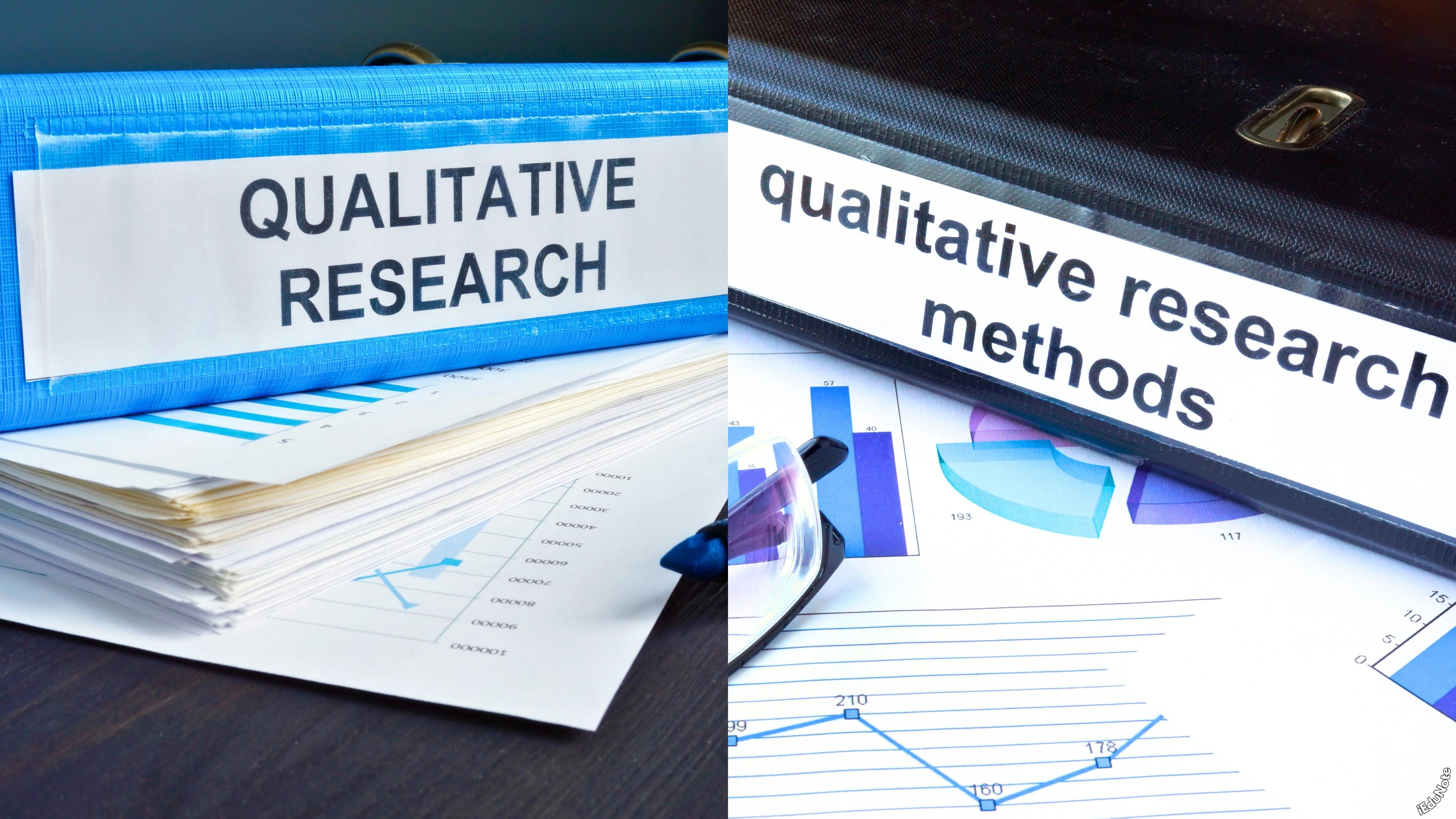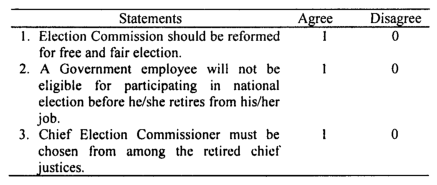Education research refers to various methods in which individuals evaluate different aspects of education, including students’ learning, teaching methods, training of teachers, and classroom dynamics.
Education researchers have agreed that educational research must be conducted rigorously and systematically, although what this implies is often debated.
There are a variety of disciplines that pertain to educational research. These include, among others, psychology, sociology, anthropology, and philosophy. The overlap in subjects creates a broad range from which methodology can be drawn.
Educational research findings must also be interpreted within the context in which they were discovered, as they may not be applicable every time or place.
What is the primary objective of education research?
Education research aims to evaluate various aspects of education, including students’ learning, teaching methods, teacher training, and classroom dynamics, using systematic and rigorous methods.
What disciplines contribute to educational research?
Educational research draws from various disciplines, including psychology, sociology, anthropology, and philosophy. The overlap in these subjects offers a broad range of methodologies for research.
Why is it essential to interpret educational research findings within their context?
Context is crucial because the findings from one study may not be universally applicable. The circumstances, environment, and specific conditions under which the research was conducted can influence the results.
Education Research Example
Here is an example that illustrates what education research is.
Example #1
For her Ph.D. from the University of Dhaka, Salma Nargis (2013) designed a study with the broad objective of introducing a curriculum and syllabi for moral education in Bangladesh at the primary level. In doing so, she presented the background of her research as follows:
The present world is gradually recognizing the significance of moral and ethical education.
People are now facing a great moral crisis. To set our society free from this catastrophe, it is essential to rekindle conscience and awareness of morality in human behavior. Rousing moral consciousness, in the real sense of the word, is not possible in a day.
It needs to be put into continuous practice. This can be accomplished if children are given proper education in a planned way from the very beginning.
In this case, moral education should remain an inevitable part of the primary level education system’s syllabi, textbooks, and academic plan.
Teaching some grave, epigrammatic, and didactic lines will not lead us to the desired goal. Ethics should be implanted in the hearts and minds of the children in a way that their future lifestyle and approach may reflect the ethical practice spontaneously.
For this, the education system should be restructured to achieve long-term and ultimate success in this matter. Significant research should be done based on short-term and long-term planning.
The stream of knowledge should flow in such a direction that children can get the correct guidelines. The moral instructions should be specific and practical.
A child should be able to choose the precise step or the process at the right time. This will be possible if the education system is organized based on sufficient research.
This research is expected to contribute to inventing the procedure of teaching ethics and introducing a specific system at the primary education level for developing a child’s personality.
Suppose moral education can be successfully included in the curriculum exercised in the educational institutions of Bangladesh. In that case, the students will be able to build their future with the strength of morality.
A morally enlightened future generation will build an ethically aware nation that ultimately will work as a force for the rise of a purely liberal grand society.
This research will not only work as a guide for the policymakers and planners of the primary level education system but also for the teachers and scholars related to the central education system and thus will ensure progress and development in the education system as a whole.

